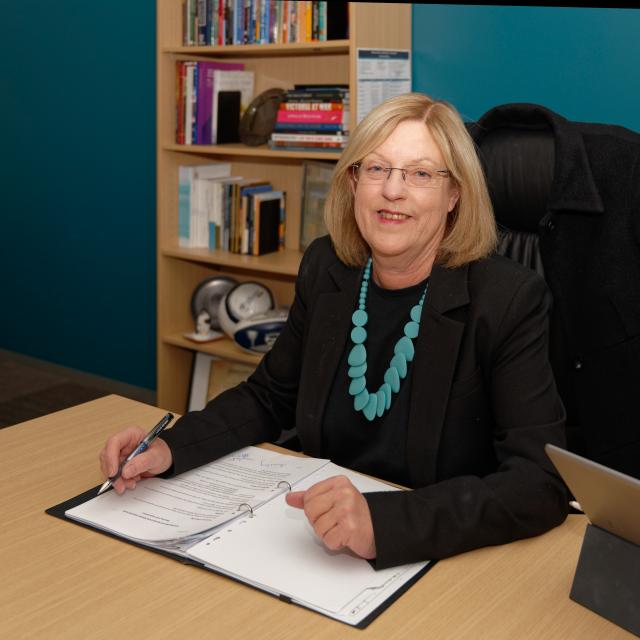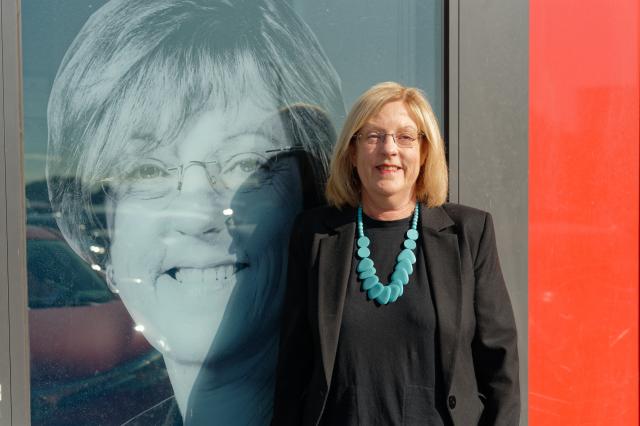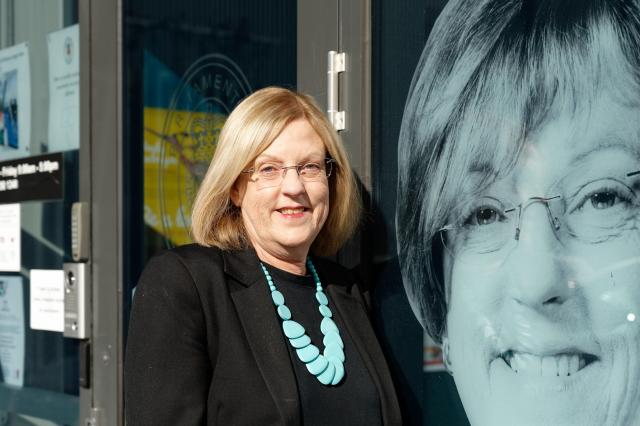Bellarine MP Lisa Neville will not contest her seat in the upcoming state election. She spoke to Matt Hewson about her years as a parliamentarian and the future of the Labor Party.
Lisa Neville has held her office for 20 consecutive years, but politics has only ever been a means to an end rather than an end in itself.
“For me, despite student politics and the community work I’d done, it wasn’t so much, ‘I want to be an MP’,” Ms Neville said.
“It wasn’t my dream. It became an opportunity for me in 2001 when the seat was up for preselection.”
Ms Neville grew up in Queensland and became a supporter of the Labor Party during Joh Bjelke-Petersen’s reign as premier ~a reign sometimes characterised as authoritarian and confrontational, particularly with regards to industrial relations.
“I joined the Labor Party then, and ever since, Labor’s been my politics,” she said.
“And what does that mean to me? That means community-based, it means doing things for people who are doing it tougher than you are and trying to make life easier for people.”
A student unionist at both Griffith University and Deakin University in Melbourne, Ms Neville stayed true to those social values, forging a career in the community sector.
“My working life was around building stronger communities,” she said.
“Lots of communities had lost infrastructure under Kennett, schools had closed. I’d seen all of that and the impact it had.
“Working out in the community, I’d started to see some of the issues that needed to be dealt with and responded to. I thought, well, I’m doing it from this perspective, maybe I can do it from another perspective, as a local MP.
“So it was really a sense of taking my passion for trying to change things to another level. I had that opportunity at the time and I took it.”
Ms Neville spent the next five years working under premier Steve Bracks, initially as a backbencher, then as minister for aged care, minister for children and minister for mental health following Labor’s 2006 election win.
“The ‘02 election was a big win for Steve, and it was an exciting government,” she said.
“It was a massive win in terms of the number of seats we picked up, and that first term for me was about learning; learning my seat, the groups, the communities, but also how government and parliament worked.
“And we won again in ‘06. We lost a few seats but we were still pretty popular. And then in ‘07 it was a shock to get the phone call. I wasn’t at the cabinet meeting when Bracks announced his retirement.”
John Brumby succeeded Mr Bracks as premier but failed to capture the hearts of Victorians as Bracks had, narrowly losing the 2010 election to Liberal leader Ted Baillieu.
“I’ve been privileged, I’ve only had four years in opposition,” Ms Neville said.
“It was probably really good to have had that time in opposition, to know what it’s like, to know how much less influence you have when you’re not in government and how important government is.”
Daniel Andrews succeeded Mr Brumby as Labor leader after that election loss, and after Labor’s successful 2014 campaign Neville became a minister in arguably the most effective Victorian government in recent history.
“Daniel and I were elected at the same time, so I know him very well; I love Steve and John, but I probably have the closest relationship with Daniel,” she said.
“Daniel’s style is one that works well for me, which is, if you get on and do your job as minister, you get on and do it.
“I’ve enjoyed immensely working with Daniel. He’s very astute, very committed, and has set out to transform Victoria, both from a social policy side and the economic side.
“To be a trusted voice in this government has been a great eight years. That, and also what I’ve been doing locally, has made it even harder to say ‘It’s time to go’.”
While the defining feature of the Andrews years so far has probably been the COVID-19 pandemic – “It took a physical and emotional toll on all Victorians, including those of us who had to make the decisions and calls for everyone” – Ms Neville views her achievements in her local electorate as her proudest.
“For me, social justice has been a key priority, and as part of that, how you can better deliver services, from schools and health services through to the infrastructure our community needs,” she said.
“Whether that’s building the Neighbourhood House in Drysdale or Ocean Grove, upgrading every school across the Bellarine, investing significant amounts over time in Geelong hospital, or the arts hub in Barwon Heads, it’s about really important infrastructure that supports local community.
“I think we’ve got a stronger Bellarine community who work much more closely together. And they’ve done that themselves, and I’ve helped where I could to build that strength and cohesion.”
Ms Neville believes that blend of social justice and strengthening economy and infrastructure is the future of the Labor Party.
“We’ve done a lot of social reform in Victoria based on the back of delivering things, so people trust us to deliver,” she said.
“Building infrastructure can go hand in hand with social reform. We can be socially progressive within the frame of keeping our economy strong and investing in infrastructure.
“You can do all those infrastructure things and focus on jobs and the Labor Party’s traditional base, while at the same time introduce laws about euthanasia and take people with you on a journey about that, and not be scared about that.
“Most of the social reform we’ve done has been wanted by the community for a long time, so we’ve been able to frame things in a way that touches both on our traditional voters as well as the future.”
In the end, Ms Neville feels keenly the privilege she’s been afforded, for which she is deeply grateful.
“There aren’t many people that get to do 20 years as an MP, 16 in government, 12 as a minister, and to leave on their own terms,” she said.
“I thank the people of Bellarine and Victoria for that opportunity. I hope I’ve made a difference to their lives and to the community.”











